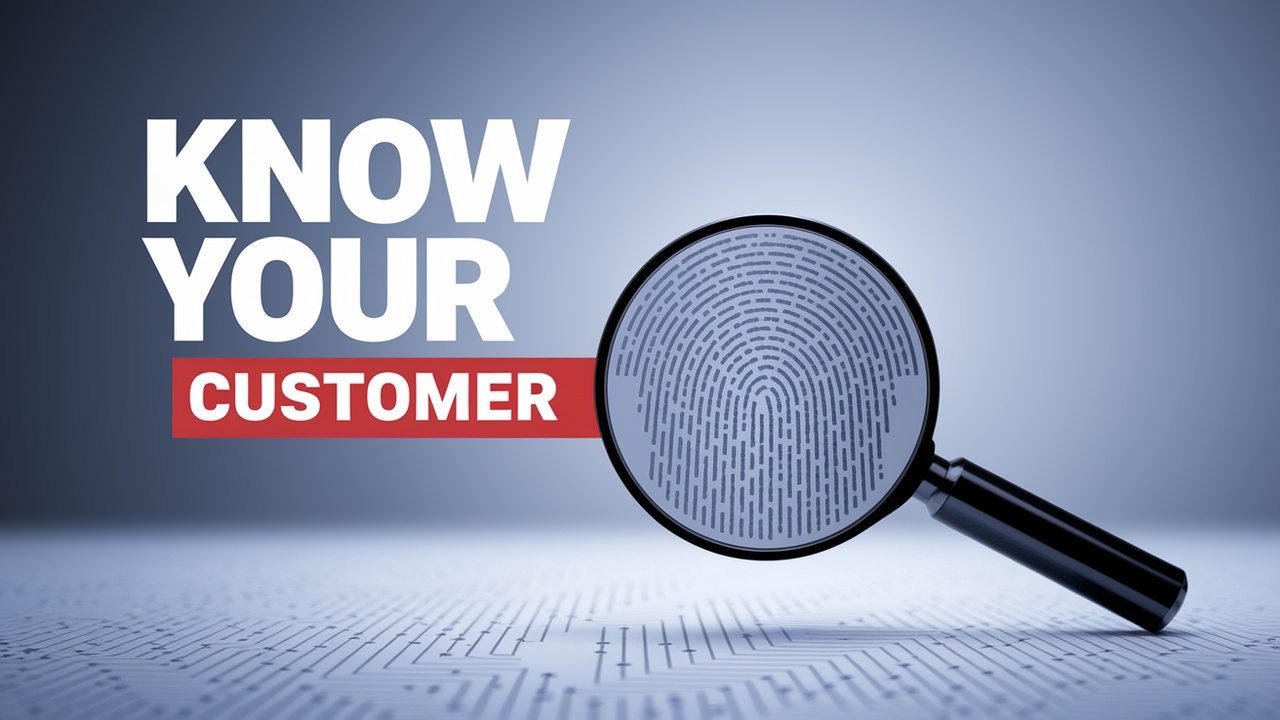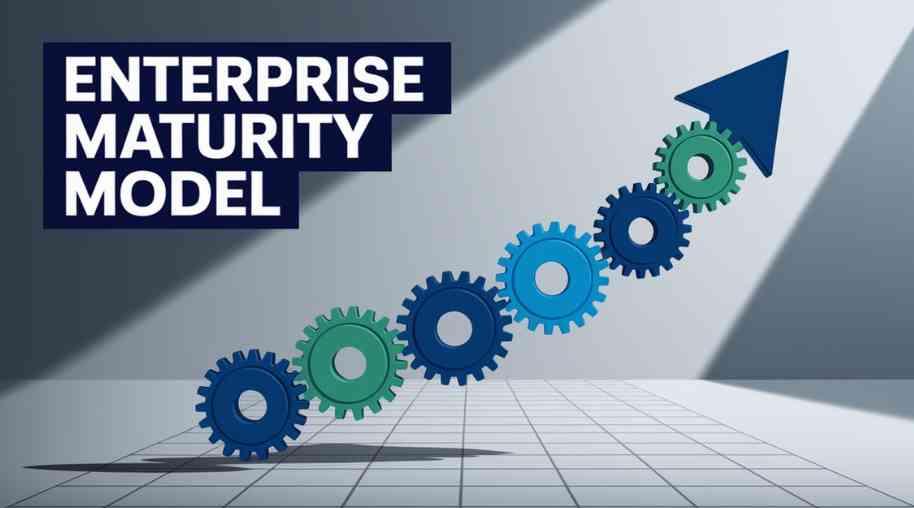KYC Full Form-Know Your Customer
by Shashi Gaherwar
0 2201
Know Your Customer (KYC): A Key Process for Financial Security and Compliance
Introduction
In the digital financial ecosystem, security and fraud prevention are critical. Know Your Customer (KYC) is a mandatory regulatory process used by financial institutions to verify customer identity and assess risks. It prevents financial crimes like money laundering, fraud, identity theft, and terrorist financing. This article explores KYC’s importance, process, documents, benefits, challenges, and regulatory framework.

What is Know Your Customer (KYC)?
Know Your Customer (KYC) is the process by which banks and financial institutions verify customer identities to ensure services are not misused for illicit activities. KYC involves collecting:
- Personal Identification: Name, Date of Birth, Address, Contact Details.
- Proof of Identity (POI): Aadhaar, Passport, PAN Card.
- Proof of Address (POA): Utility Bills, Bank Statements, Rent Agreements.
- Financial Background: Income Proof, Tax Returns, Source of Funds (for high-value transactions).
Why is KYC Important?
- Prevents Fraud: Identifies and blocks accounts linked to money laundering, fraud, and identity theft.
- Regulatory Compliance: Mandated by bodies like RBI (India), SEC (USA), and FCA (UK).
- Anti-Money Laundering (AML): Supports AML regulations by monitoring transactions.
- Secure Transactions: Ensures only genuine individuals access services.
- Risk Reduction: Protects institutions from reputational and legal risks.
KYC Process: Steps for Customer Verification
- Customer Identification:
- Collect identification details and government-approved IDs.
- Customer Due Diligence (CDD):
- Categorize customers by risk levels (low, medium, high).
- Apply Enhanced Due Diligence (EDD) for high-risk profiles.
- Ongoing Monitoring:
- Continuously monitor transactions and update customer details.
- Flag unusual activities for further verification.
Types of KYC Verification
- Offline KYC: Submit physical identity and address proofs at institutions.
- Online KYC (e-KYC): Aadhaar-based digital verification (India) for faster processing.
- Video KYC: Live video interaction with bank representatives for verification.
Documents Required for KYC Verification
For Individuals:
- Proof of Identity (POI): Aadhaar Card, PAN Card, Passport, Voter ID, Driving License.
- Proof of Address (POA): Utility Bills, Rental Agreement, Bank Passbook, Property Tax Receipt.
For Businesses:
- Registration Documents: Certificate of Incorporation, GST Registration, Memorandum of Association.
- Authorized Signatory Documents.
- PAN Card of the company.
- Address Proof of the business.
Challenges in KYC Implementation
- Data Privacy: Managing sensitive data while complying with data protection laws.
- High Costs: Significant operational expenses for compliance.
- Lengthy Onboarding: Manual verification delays customer onboarding.
- Evolving Regulations: Varying global KYC norms require constant updates.
Technological Advancements in KYC
- AI & Machine Learning: Automates risk assessment and fraud detection.
- Blockchain: Offers decentralized, secure verification.
- Biometric Verification: Uses facial recognition and fingerprint scanning.
- Cloud-based KYC: Enables secure, efficient digital verification.
Global KYC Regulations
- India: RBI KYC Norms.
- USA: FinCEN & Bank Secrecy Act (BSA).
- UK: FCA KYC Regulations.
- EU: GDPR & Anti-Money Laundering Directives (AMLD).
Know Your Customer (KYC) ensures security, transparency, and compliance in finance. By leveraging AI, biometrics, and blockchain, KYC evolves to meet digital banking needs, enhancing customer trust and financial integrity.
Further Learning Resources
If you’re passionate about building a successful blogging website, check out this helpful guide at Coding Tag – How to Start a Successful Blog. It offers practical steps and expert tips to kickstart your blogging journey!
For dedicated UPSC exam preparation, we highly recommend visiting www.iasmania.com. It offers well-structured resources, current affairs, and subject-wise notes tailored specifically for aspirants. Start your journey today!

Share:








Comments
Waiting for your comments